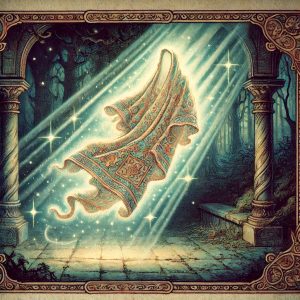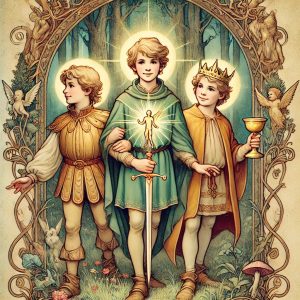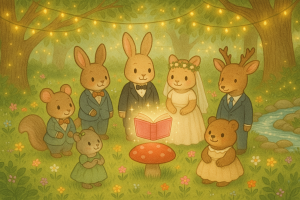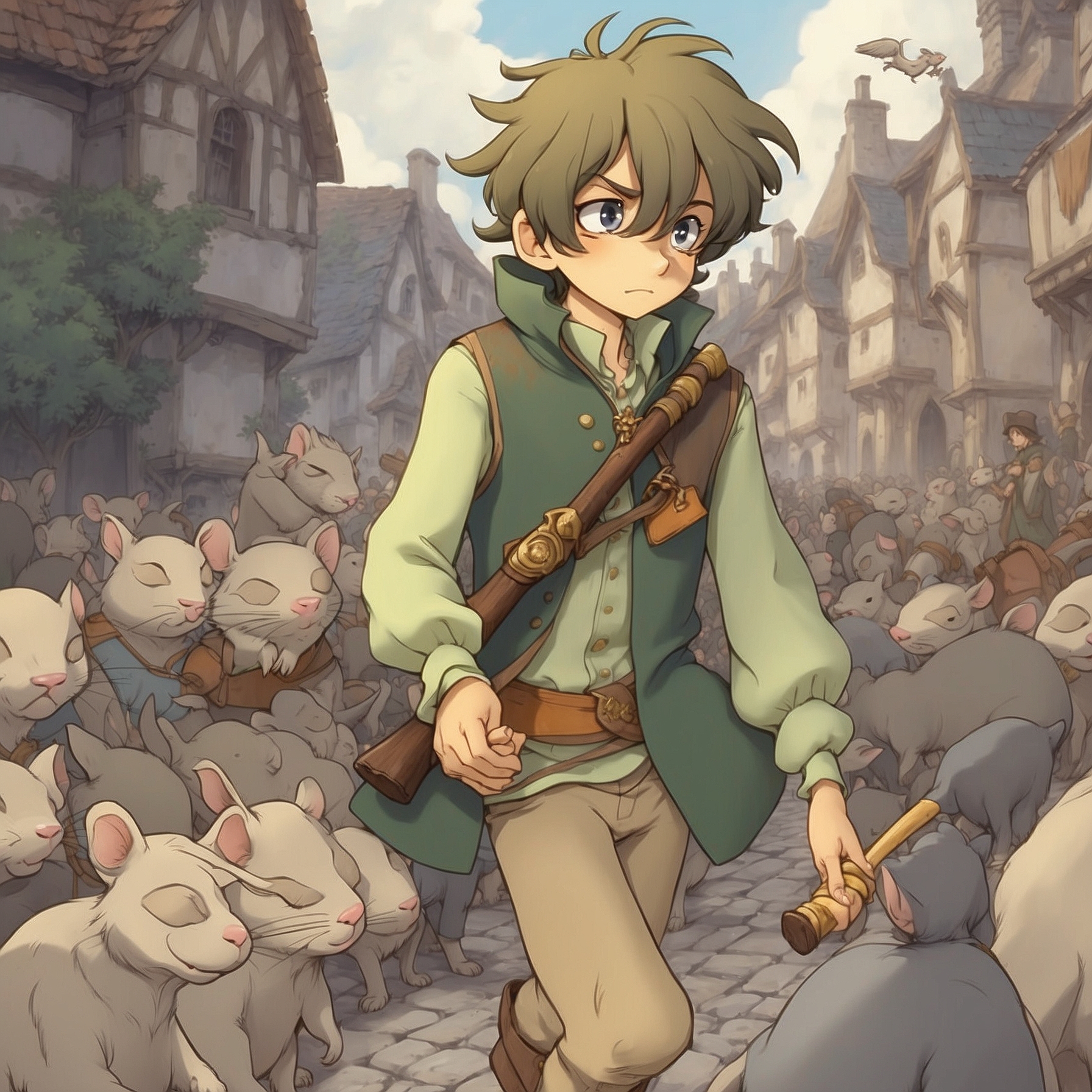
The Troubled Town of Hamelin
In Hamelin, nestled by a river, folks lived in houses squeezed together like pages in a book. Cobblestone streets twisted and turned, leading to a market square where laughter and chatter used to fill the air. But not anymore. Now, Hamelin had grown quiet, shadowed by a problem too big and too squeaky to ignore: rats.
Everywhere you looked, rats scurried. They danced atop tables, gnawed on shoe leather, and swiped cheese straight from the pantry. No one’s dinner was safe. From the richest man in his mansion to the baker with flour-dusted cheeks, everyone in Hamelin was troubled by this whiskered menace.
The Arrival of the Mysterious Stranger
One day, as the sun dipped low, painting the sky in shades of orange and pink, a stranger came to town. His coat was a patchwork of colors, bright and eye-catching, like a field of wildflowers. At his side hung a flute, glinting in the twilight. Folks couldn’t help but stare; this was no ordinary visitor.
With a confident stride, he approached the town’s leaders and made an offer they could hardly believe. “Rid you of rats, I will,” he said, his voice as smooth as the river’s flow. “But for my service, a thousand gold coins is my fee.” Desperate for a solution, the leaders agreed, shaking hands with the man now known as the Pied Piper.
The Rat Parade
With flute in hand, the Pied Piper stepped out into the bright morning. Dressed in a coat of many colors, he began to play a melody so captivating, every ear in Hamelin perked up. But it wasn’t the townsfolk he was aiming to charm. From every nook, cranny, and shadow, rats began to emerge, their eyes glinting with the spell that now bound them.
At first, just a few cautious whiskers poked out from under houses, but soon, a great, wriggling mass of fur and tails swarmed into the streets. Big rats, small rats, young and old, all followed the Piper, dancing to the tune of his flute. They formed a long, winding parade, a sight so strange it seemed as if day had turned to night under their shadow.
Through cobblestone streets and down narrow alleys, the Piper led this rat parade, out of the town and towards the river. Townsfolk watched from their windows, disbelief and relief mixing in their eyes. Not a single rat was left when the Piper’s melody finally ceased. Hamelin had been cleansed, or so everyone thought.
The Disappearance of the Children
But joy turned to dread when the Piper came back, his face no longer friendly but stern and cold. He had rid Hamelin of its plague but at a price the town had agreed upon. Alas, when he asked for his reward, the promise was broken. Anger flared in his eyes; with the same flute, he played a new tune.
This melody was different, sweeter and more alluring than the last. Not a single child in Hamelin could resist its call. From their homes, they came, their feet moving as if enchanted. Boys and girls alike, they gathered around the Piper, leaving their distraught parents behind.
Without hesitation, he led them away, out of the town and into the mystery of the surrounding hills. As the last note faded, so did the children, beyond a place where eyes could follow. The townspeople’s cries filled the air, but it was too late. The Piper had claimed his true payment.
The Pied Piper’s Curse
Silence fell over Hamelin, a silence deep and mourning. Parents wept in the streets, their hearts broken by loss. They realized too late the weight of their broken promise, the cost of their greed.
Through winding paths and hidden valleys, the Piper led the children to a place unseen, a secret only he knew. Not a trace was left behind, no clue for the desperate townsfolk to follow. They searched high and low, but it was as if the earth had swallowed the children whole.
In that moment, Hamelin learned a harsh lesson about honesty and the importance of keeping one’s word. The Piper’s curse was not just the loss of the children, but a wound in the heart of every family, a memory that would haunt them forever.
The Search for the Missing Children
In Hamelin, grief washed over every cobblestone street like a silent wave. Parents, once buoyant with hope, now waded through despair, their hearts heavy as lead. Daybreak to dusk, they scoured forests, fields, and even whispered into the depths of the darkest caves, “Please, bring back our children.” Yet, every echo returned empty, each search more fruitless than the last.
Homes once filled with laughter stood silent, their doors creaking in the wind as if sighing for the lost. Beds remained neatly made, toys untouched, as if the children might return any moment to claim them. But night after night, the moon witnessed the same sorrowful scene: parents gazing out windows, clinging to the wisp of hope that their loved ones might find their way back.
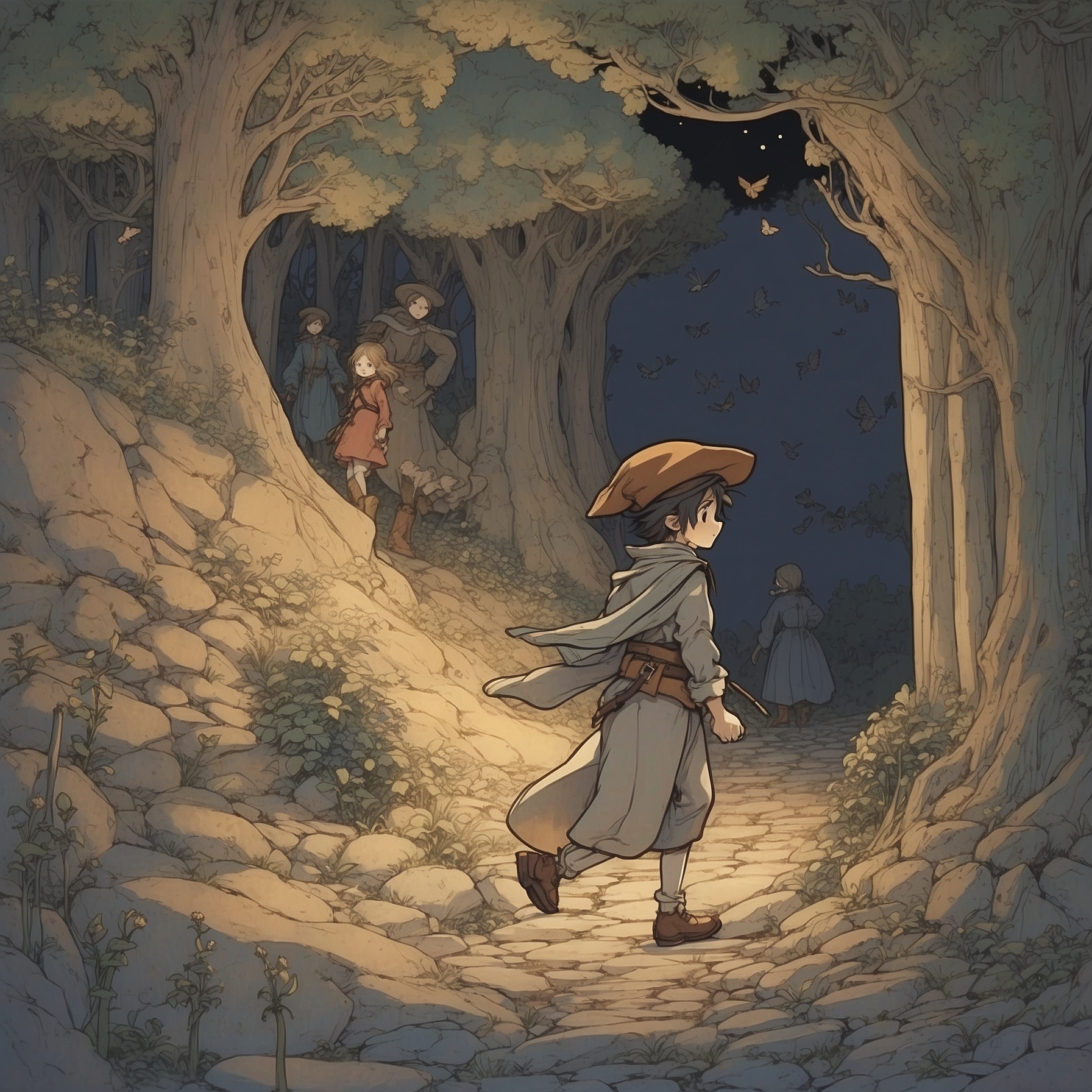
The Fate of the Pied Piper
Not a soul in Hamelin saw the Piper again. Whispers of his fate danced through the town like leaves in the wind. Some said he vanished into the mountains, his shadow merging with the mist. Others believed he’d found another town, one plagued by woes only he could mend. Yet, all agreed on one chilling thought: wherever the Piper now tread, he carried with him a melody of mysteries, his steps echoing a warning to those who dared to break a promise.
Speculation became the townsfolk’s solace, their only means to wrestle with the unknown. Each theory, each rumor, was a thread in the tapestry of tales they wove to cloak the void left by their vanished children. Yet, no story could warm the cold truth that the Pied Piper, like a ghost, had slipped beyond their reach, perhaps forever.
The Legacy of the Pied Piper
Hamelin was forever changed. No longer just a town, it became a cautionary tale, its streets whispering warnings of unkept promises and the steep price of deceit. Travelers passing through felt the weight of the story, their eyes drawn to the empty shoes by doorways, silent sentinels of the lost.
In taverns and around hearths, the tale of the Pied Piper was recounted, not just as history, but as a moral compass for the young. “Honor your word,” parents would say, their voices tinged with a sorrow born of experience. “For the world holds wonders and warnings in equal measure.”
And so, the Piper’s legend lived on, a melody woven into the fabric of Hamelin. It served as a reminder, both somber and sacred, of the day enchantment danced through the streets, leading innocence away on a journey from which it would never return. The mystery of the Piper and the children became a part of Hamelin, as enduring as the stones that paved its paths, a story forever told but never concluded.

